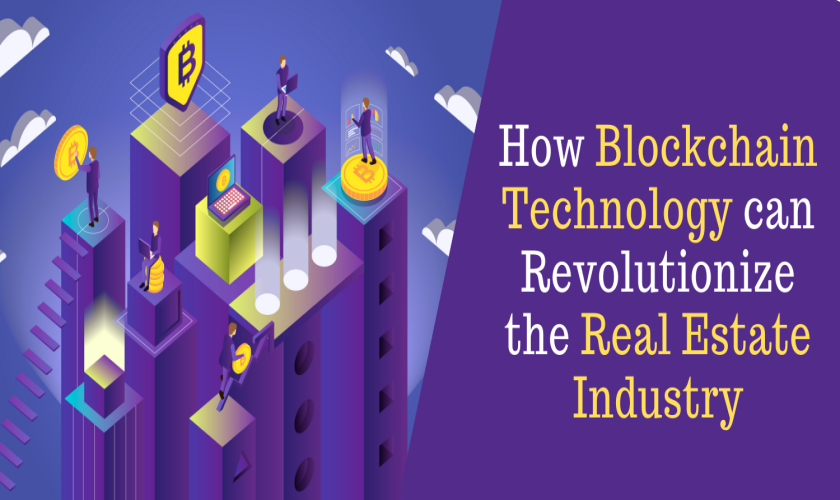
11
MayReal Estate Meets Blockchain: How Tokenization Is Transforming Property Investment
The world of real estate is undergoing a transformation, and at the heart of this change is tokenization—a revolutionary process that allows anyone to own a piece of high-value properties, breaking down the barriers that have long made real estate investing exclusive and complex. But how does it work? Let’s explore.
What Is Real Estate Tokenization?
In simple terms, tokenization means converting a real estate asset into digital “tokens” on a blockchain. Each token represents a fraction of ownership in that property. Instead of requiring investors to buy entire buildings or land parcels, tokenization allows them to invest in smaller, more affordable portions.
How Blockchain Powers Tokenization
the backbone of tokenization—makes this possible by securely recording and verifying each token transaction. Imagine a transparent, tamper-proof ledger that anyone can access but no one can alter. This level of security and transparency was nearly impossible in traditional real estate, where processes are often slow, opaque, and involve numerous intermediaries.
Why Is This a Game Changer for Investors?
1. Accessibility: Now, you don’t need millions to invest in high-end real estate. Tokenization democratizes real estate ownership, allowing people to buy small shares in properties around the globe.
2. Liquidity: Tokenized assets can be traded on secondary markets, providing more flexibility for investors. You no longer have to wait months or years to cash out on a property.
3. Transparency and Security: Blockchain technology adds a layer of transparency and security, reducing the chances of fraud and enabling a trustworthy environment for all transactions.
Real estate tokenization is here to stay, breaking down entry barriers and opening up a new era of accessible property investment.